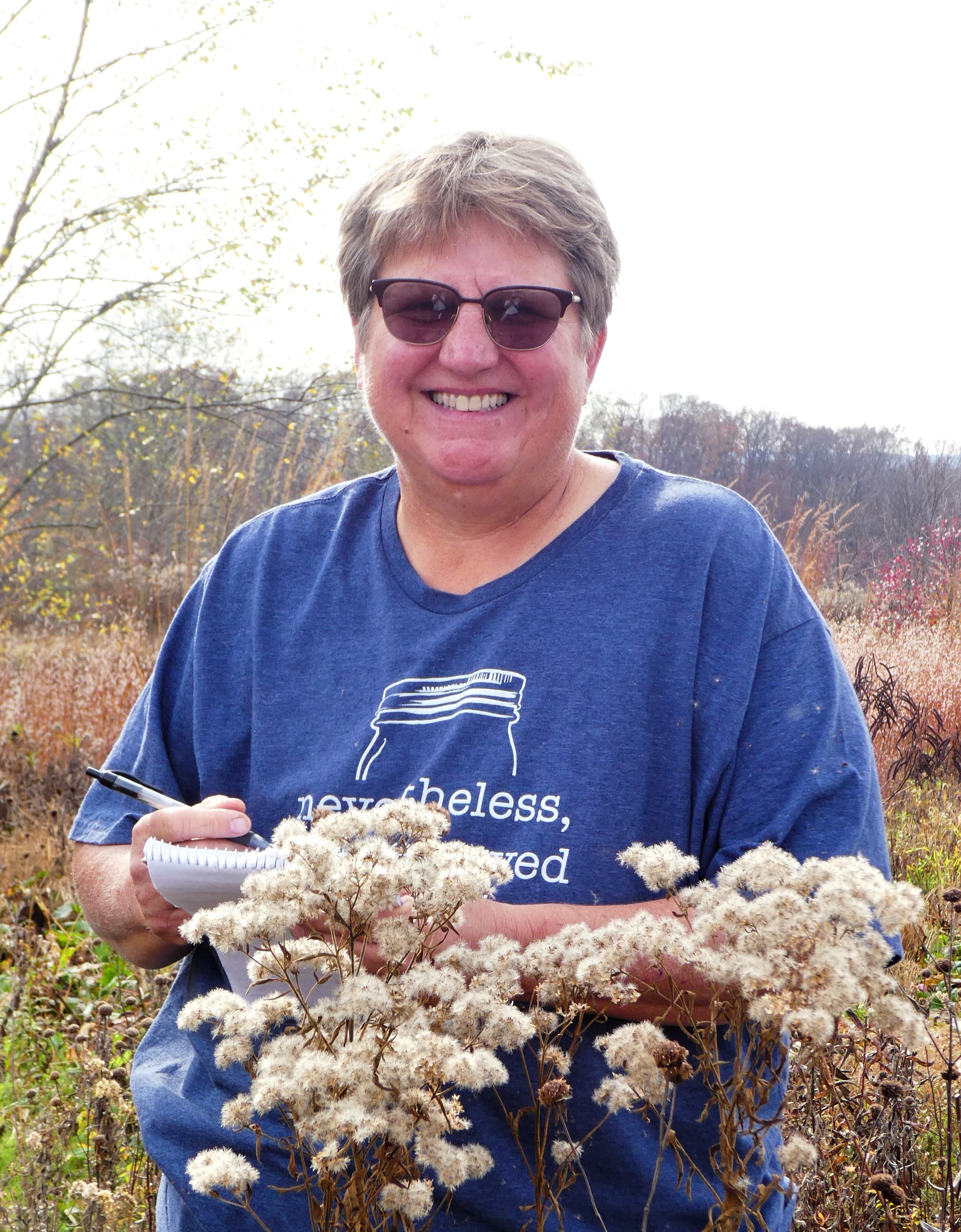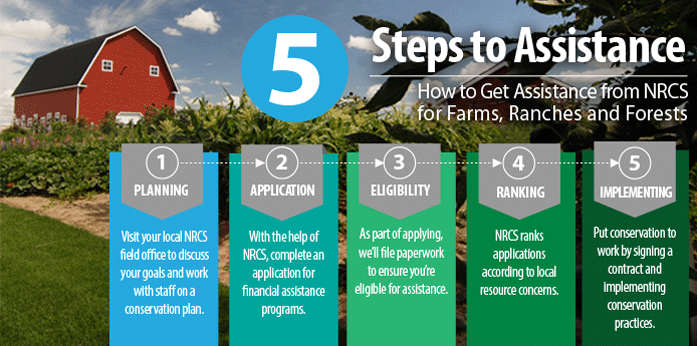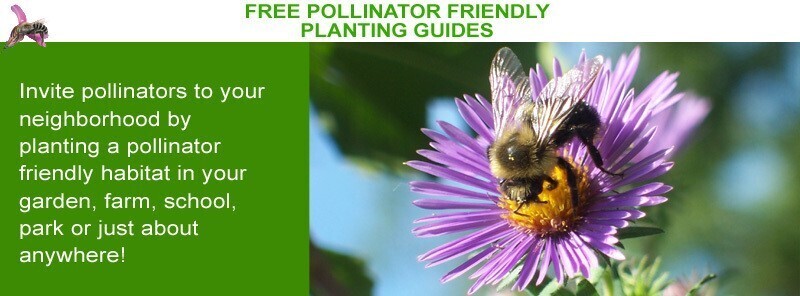Pollinator Partnership and NRCS Ohio
Sandy Chenal, NRCS Pollinator Liaison Ohio

As a native of NE Ohio, Sandy earned her AAS in Recreation and Wildlife management from Hocking Technical College, and then her BS in Agronomy at the Ohio State University. Upon graduation she was employed by the USDA Natural Resources Conservation Service. She held many positions in the agency including 17 years as a District conservationist in 3 counties, where she provided technical assistance and conservation planning to landowners interested in wildlife conservation and creating pollinator habitat. Prior to that she was the Coordinator of Crossroads Resource Conservation and Development Council. There she served as an Executive Director to a 12 county not-for-profit organization dedicated to economic development with a focus on conservation. She assisted community groups in project development and management, from planning, fundraising to completion. Project accomplishments included creation of critical habitats, assisting in creating new 501(c3) organizations, rail to trails, watershed planning and restoration from acid mine drainage, and training and equipping new beekeepers throughout Eastern Ohio. Recently retired from NRCS, Sandy is planning for a high tunnel, and hopes to take her gardening, and beekeeping to a higher level. In addition she is working part time at a local orchard. For further inquiries about her work with NRCS, you can reach Sandy via email.
Help us reach our goal to enhance, create, and restore native habitats to support monarchs and other pollinators in Ohio!

Financial and Technical Assistance Contacts
USDA Natural Resources Conservation Service (NRCS) – NRCS helps Ohio producers conserve our valuable natural resources. We provide services to all private landowners who are interested in restoring and enhancing our sprawling landscape through a unique partnership with landowners, conservation districts, state and local governments, and rural and urban citizens. Our locally-based NRCS staff works directly with farmers, ranchers, foresters and others, to provide technical and financial conservation assistance.
USDA Farm Service Agency (FSA) - FSA provides a financial safety net to America’s farmers and ranchers, while at the same time protecting natural resources, and enhancing food security.
Ohio Department of Natural Resources Department of Natural Resources Private Lands Biologist - Find your local Private Lands Biologist (PLB) for free technical assistance from ODNR staff.
U.S. Fish and Wildlife Service - Partners for Fish and Wildlife - The Partners for Fish and Wildlife Program provides technical and financial assistance to private landowners interested in restoring and enhancing wildlife habitat on their land. Emphasis goes to projects with the potential to provide habitat for rare, threatened and endangered species; migratory birds and fish; and at-risk species.
Pheasants Forever/Quail Forever Farm Bill Biologists - In partnership with NRCS, Pheasants Forever employs field biologists throughout the state to provide free technical assistance. Our field biologist program is designed to assist farmers, landowners and the general public about the economic benefits of conservation programs, as well as delivering habitat programs that benefit pollinators and other wildlife. We call it the "One Stop Shop" for anything conservation and wildlife related on private and public lands.
Conservation District - The purpose and mission of The Ohio Federation of Soil and Water Conservation Districts is to support the work of Ohio’s 88 Soil and Water Conservation Districts who for 75 years have been providing locally-driven solutions to natural resource concerns at both the rural and urban settings of the SWCD’s in various capacities.
Incentive and Cost-Share Programs
NRCS- EQIP - NRCS is offering support for related practices through the Environmental Quality Incentive Program (EQIP) to establish monarch habitat.
NRCS - CSP - NRCS is offering support for related enhancements through the Conservation Stewardship Program (CSP) to establish monarch habitat.
Conservation Innovation Grants (CIG) - Conservation Innovation Grants (CIG) are competitive grants that stimulate the development and adoption of innovative conservation approaches and technologies in conjunction with agricultural production. CIG uses Environmental Quality Incentives Program (EQIP) funds to award competitive grants to non-Federal governmental or nongovernmental organizations, American Indian Tribes, or individuals. Producers involved in CIG funded projects must be EQIP eligible.
FSA - CRP - The Conservation Reserve Program (CRP) pays a yearly rental payment in exchange for farmers removing environmentally sensitive land from agricultural production and planting species that will improve environmental quality.
FSA-CREP - In exchange for removing environmentally sensitive land from production and establishing permanent resource conserving plant species, farmers and ranchers are paid an annual rental rate along with other federal and non-federal incentives as specified in each CREP agreement. Participation is voluntary, and the contract period is typically 10-15 years.
FWS - Partners for Fish and Wildlife - The Partners for Fish and Wildlife Program provides technical and financial assistance to private landowners interested in restoring and enhancing wildlife habitat on their land. Emphasis goes to projects with the potential to provide habitat for rare, threatened and endangered species; migratory birds and fish; and at-risk species. Projects are custom-designed and tailored to meet landowners’ needs and objectives.

Informational Resources
Ohio Pollinator Habitat Initiative
NRCS Conservation Planning in Ohio
Great Lakes Pollinator Resource Center
The Ohio State University Bee Lab
Ohio State University College of Food, Agricultural, and Environmental Sciences
Monarch Conservation Implementation Plan
Mid-American Monarch Conservation Strategy
Monarch Butterfly Conservation on Working Lands
Bee Friendly Farming (BFF) - a certification program from Pollinator Partnership that provides guidelines for farmers and growers to help protect, preserve and promote pollinator health on their lands.
Pollinator and Habitat Videos, Webinars, Podcasts
Our Future Flies With Pollinators with Lara Roketenetz | CRWP Speaker Series - YouTube
The Ohio State University Bee Lab Courses and Webinars
Using EQIP to Create Pollinator Habitat on Ohio's Farms

Native Seed Vendors and Habitat Creation Resources
Our ecoregional planting guides, Selecting Plants for Pollinators, are tailored to specific areas of the United States. You can find out which ecoregion you live in and get your free guide by entering your zip code.
One of the most valuable things that citizens and landowners can do for monarch and pollinator conservation is to create, enhance, or restore native habitat. This useful guide Monarch Wings Across Ohio's Farms can provide guidance on creating monarch habitat on Ohio’s Farms! It has tips on preserving and enhancing existing habitat, as well as creating and maintaining habitat.
Pheasants Forever and Quail Forever's Native Seed Program - Pheasants Forever and Quail Forever's Native Seed Program provides landowners the ability to purchase custom and pre-packaged pollinator seed mixes at an affordable price. Their diverse mixes have been designed by a team of wildlife biologists to meet state and federal standards while providing quality habitat for birds, bees and butterflies. There are Ohio-specific seed mixes for ecoregions across the state.
The OSU Bee Lab Native Plant recommendations for pollinators
LEAP for Biodiversity Native Plant Resources
ODNR Milkweed and Monarchs Brochure
Grow Native Resource Page - Complete guide to seed vendors, contractors and all things native.